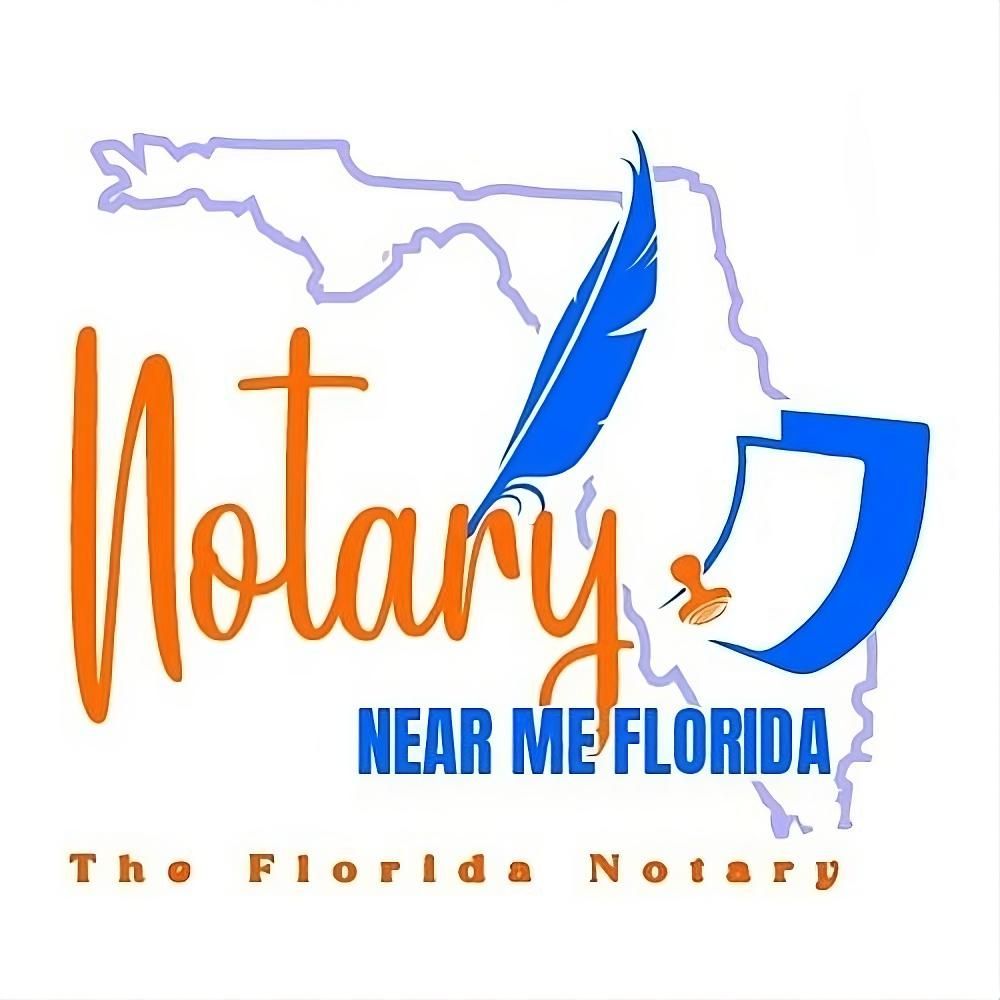What Does a Wedding Officiant Really Do? (Hint: It’s Not Booking Your Venue)
When Maria called me earlier this week, she was full of excitement—and questions.
“I want to get married on Pass-a-Grille Beach,” she said. “On August 9th.”
I could hear the anticipation in her voice. I asked a few simple questions: “What time are you thinking?” “How many people will be there?” “Do you have a specific spot in mind?”
She wasn’t quite sure yet. But she knew one thing: she wanted to get married.
I shared that I had recently officiated a sunset beach wedding—a beautiful, peaceful moment as the sun dipped below the Gulf. Maria loved the idea, but mentioned they didn’t want the ceremony to be too late—they were planning to head back to their hometown, two hours away, for a celebration with friends and family that evening.
She asked about my pricing, and after we discussed the details, she agreed without hesitation. Before hanging up, she promised to call back with more information.
The next day, Jasmine—Maria’s maid of honor—called me instead. “I’m helping her plan the wedding,” she explained. “We’re not that familiar with the area. Do you have any suggestions?”
That’s when the real planning conversation began.
What a Wedding Officiant Actually Does
As a Florida wedding officiant, my role is to:
- Guide couples through planning a meaningful, personalized ceremony
- Lead the ceremony on the big day—professionally, warmly, and legally
- Sign and return the marriage license properly and on time
But here’s what I don’t do:
- Reserve venues or apply for permits
- Provide backup locations or handle event logistics (unless arranged in advance)
- Coordinate photography, music, décor, or parking plans
That said, I love helping couples think through the things they may not know to ask. Jasmine and Maria, for example, weren’t aware that many public beaches in Florida—including Pass-a-Grille—require
permits for any kind of wedding, no matter how intimate. These permits are often recommended
three to twelve months in advance.
Beach Wedding Permit Costs in Pinellas County
To help couples plan ahead, here’s a breakdown of typical wedding permit fees for popular Pinellas County beaches (as of June 20, 2025):
| Beach / Park | Guest Count | Estimated Permit Fee |
|---|---|---|
| Pinellas County Parks | 1–50 guests | $50/day + tax |
| Clearwater Beach | Any size | $100/day |
| Pass-a-Grille Beach | Any size | $250/day |
| Indian Rocks Beach | Under or over 50 | $100/day |
| Madeira Beach | Any size | $52–104 |
| Sand Key Park | Any size | ~ $268 |
Source: Pinellas County Parks, City of St. Pete Beach, City of Clearwater, and individual municipality websites. Data retrieved June 20, 2025.
Remember: metered parking is common at public beaches and a backup venue is highly recommended during Florida’s rainy season. With heat, humidity, and potential thunderstorms, early morning or early evening weddings are often the most comfortable options.
Maria and Jasmine plan to visit the area this weekend, and I also recommended they check out Indian Rocks Beach as a quieter alternative with easier access and less crowding.
Custom Ceremonies with Special Touches
Maria and I also talked about the kind of ceremony she and her fiancé envisioned. Would they write their own vows? Would they prefer a more traditional exchange of promises?
They’re still working that part out—and that’s perfectly okay. Some couples know exactly what they want. Others appreciate a little coaching and guidance.
For couples who want support, I offer custom vow writing assistance or I can create original vows tailored to your love story—for an additional fee.
I also offer ceremony add-ons such as:
- Unity candle
- Sand ceremony
- Blessing of the hands
- Family blending rituals
While I’m not a full wedding planner, I do have relationships with local vendors including photographers and event coordinators—and I’m currently assembling a preferred vendor list to help couples connect with trusted professionals.
Need me to attend your rehearsal? I’m available for that too—for an added fee.
Don’t Forget the License
One more thing Florida couples need to know:
- If either party is a Florida resident, there’s a three-day waiting period between
obtaining the marriage license and the actual wedding—unless they’ve completed a State-approved premarital preparation course
- If neither party is a Florida resident, there is no waiting period
- Both the bride and groom must bring a
valid government-issued ID, as the license must be notarized on the day of the ceremony
The Takeaway
Maria didn’t do anything wrong—she simply didn’t know what she didn’t know. And that’s common.
That’s why I’m developing a Wedding Ceremony Planning Questionnaire to help couples understand what their officiant does (and doesn’t do) and prepare for a joyful, seamless experience.
Because the ceremony is more than a moment—it’s the heart of your wedding day.
Ready to Plan Your Ceremony?
Whether you’re exchanging vows with your toes in the sand or saying “I do” in your hometown garden, I’m here to help you create a ceremony that feels like you.
📞 Call or text me at 813-239-4117
🌐 Visit www.notarynearme-florida.com
Let’s start with clarity and end with commitment—because now you know what a wedding officiant really does.
And that’s one step closer to a
Joy for a Lifetime.
Beach Wedding Permit Costs in Pinellas County
To help couples plan ahead, here’s a breakdown of typical wedding permit fees for popular Pinellas County beaches (as of June 20, 2025):
| Beach / Park | Guest Count | Estimated Permit Fee |
|---|---|---|
| Pinellas County Parks | 1–50 guests | $50/day + tax |
| Clearwater Beach | Any size | $100/day |
| Pass-a-Grille Beach | Any size | $250/day |
| Indian Rocks Beach | Under or over 50 | $100/day |
| Madeira Beach | Any size | $52–104 |
| Sand Key Park | Any size | ~ $268 |
Source: Pinellas County Parks, City of St. Pete Beach, City of Clearwater, and individual municipality websites. Data retrieved June 20, 2025.














